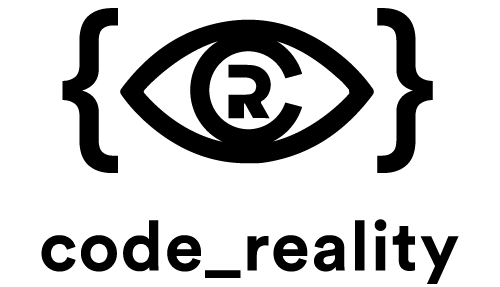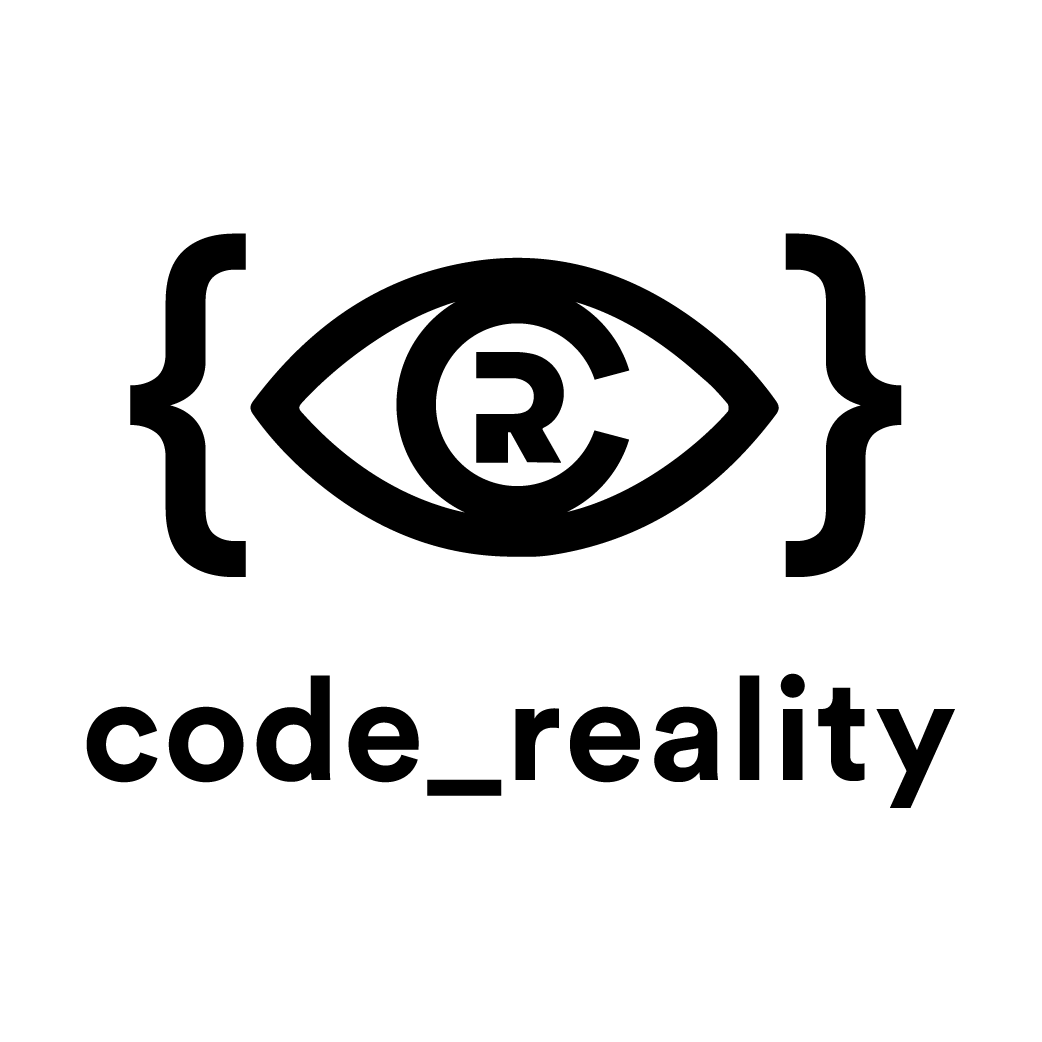This report informs the community about the current teaching practices on topics related to Augmented Reality (AR) and associated industry needs. The report aims to raise awareness and allow for better decision-making within educational policies, in order to increase the number of high-qualified specialists prepared for AR-related tasks.
The goal of this report is to give higher education institutions and industry a broad view on the demands of the AR job market and provide them with recommendations on delivering innovative open educational programmes on AR, including approaches to teaching students about its various applications, which are increasingly in demand amongst European industries.
This report presents the analysis of existing courses in the field of AR in Part I, as well as an AR job market analysis in Part II.
The first part of this report contains the results of a study of AR teaching. In this study, we explore and review the current practices at the top-ranking universities of the world. It focuses on identifying and surveying universities in Europe and world-wide that have AR and related topics in their study programmes. The study investigates how AR teaching works in context. The major questions of the study include the methods used for teaching AR, types of learning activities, similarities and differences between AR learning activities. This review also provides information about content, objectives, entry requirements and learning outcomes of each identified AR course. Analysis of the results demonstrate that existing AR courses do not provide standardised teaching practices and methods of delivering information. Moreover, the content of these courses is not standardised. Learning outcomes of the reviewed courses do not have much in common with each other. The review of the existing teaching practices shows the need for a holistic and standardised course design that can deliver all necessary materials.
The second part of this report focuses on the Job Market analysis. We identified the essential skills for AR developers in industry through an open survey of specialists based on an analysis of job announcements in and related to the field. We report in detail on the results of the survey. The survey was targeted at organisations that recruit or plan to recruit AR specialists. Analysis of the results of the survey allowed us to identify the most important skills for future AR specialists. They include several concrete skills, such as knowledge of a specific AR SDKs (Unity, Vuforia) as well as an understanding of advanced programming topics like Artificial Intelligence, Object Recognition and Computer Vision. The identified skills can inform the AR course design and become major learning outcomes, since they are essential to the topic.




